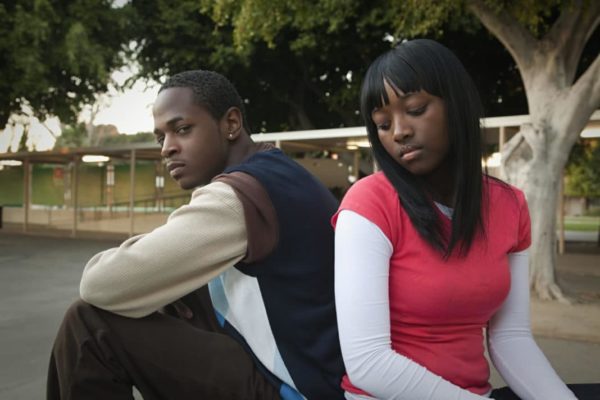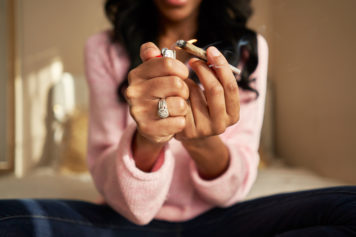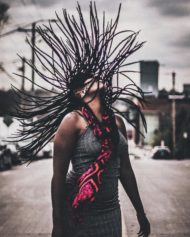New York City’s Black students not only bear the brunt of school suspensions but also often receive harsher suspensions for the same infractions committed by students of other racial groups, according to a report by the city’s Independent Budget Office.
The report, released Thursday, focused on the top 10 infractions that account for roughly 80 percent of all school suspensions and found that Black students were much more likely to face harsher punishments for eight of them. For three infractions — bullying, altercation, and reckless behavior — Black students were suspended for almost double the number of days as students in other racial groups.

The IBO report found that Black students received harsher suspensions for 8 out of 10 common school infractions. (Gary Kious / Getty Images)
Black students suspended for “altercation,” for instance, were out of school for 7.3 days on average. Meanwhile, Latino students were suspended for 6 days and Asian students for 4.4 days, according to the report.
Researchers found that Black students were overrepresented in 8 out of the 10 infractions, excluding subordination and drug possession. Asian students received longer punishments for subjective infractions like insubordination, while white students were suspended longer for having drugs at school.
The analysis, based on stats from the 2016-2017 school year, comes amid efforts by Mayor Bill DeBlasio to reduce the number of overall suspensions and instead offer alternatives to keeping students out of school. Despite an impressive 30,000 drop in suspensions between 2010 and 2017, DeBlasio’s administration is still working to address racial/ethnic disparities in school suspensions.
“The overall decline in suspensions has been propelled mostly by a drop in principal suspensions, which have fallen by more than 50 percent since 2010-2011, but still account for about 75 percent of all suspensions,” the IBO report read.
While the office’s report doesn’t address whether discrimination might be behind the harsher punishments, a growing body of research has pointed to racial bias among teachers and administrators as the cause for disparities in school discipline.
A 2015 study by Stanford University researchers explored the racist stereotypes that lead teachers to punish Black students more severely, finding that teachers were more troubled by repeated infraction if they were led to believe it was committed by a Black student than if they thought it was committed by a white student. The teachers were more likely to view Black students as “troublemakers,” and more inclined to punish them more harshly.
A 2017 study also found that Black teachers were less likely than white teachers to recommend suspension for Black students.


